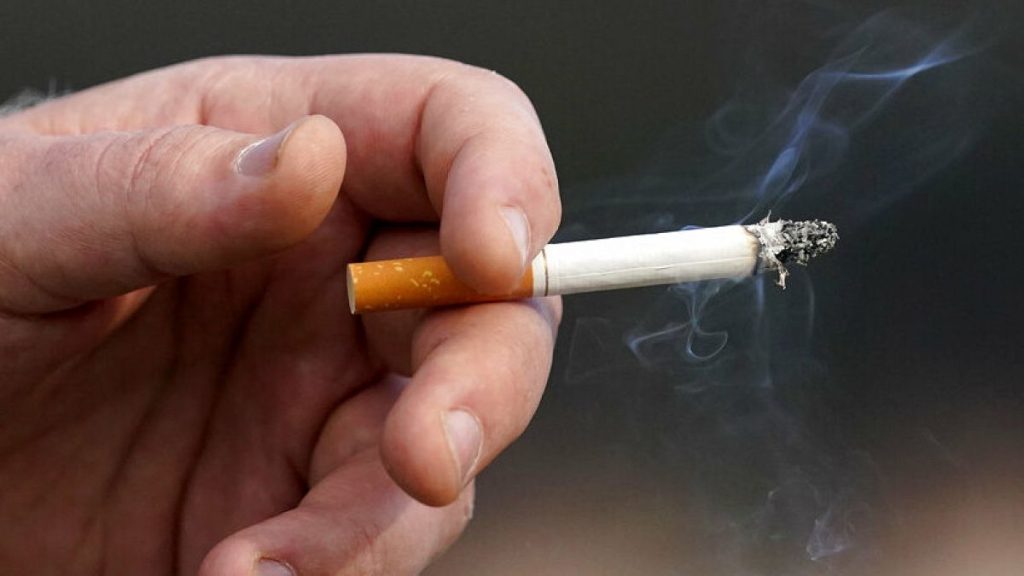Milan, Italy’s financial and fashion capital, has implemented a comprehensive ban on smoking in outdoor public spaces, marking the culmination of a series of restrictions initiated in 2021. This stringent measure, effective from January 1st, aims to significantly enhance the city’s air quality and safeguard public health, particularly protecting non-smokers from the detrimental effects of passive smoking in shared environments, especially those frequented by children. The ban covers virtually all public areas, including streets, but allows for smoking in designated isolated locations, provided a minimum 10-meter distance is maintained from others. This bold step reflects Milan’s commitment to creating a healthier and more environmentally conscious urban environment.
The comprehensive smoking ban is a direct response to Milan’s ongoing struggle with air pollution. Situated in the Po Valley, a heavily industrialized region, the city grapples with high levels of emissions from various sources, including vehicular traffic and industrial activity. Recognizing the urgent need to address this critical issue, the Milan City Council adopted an air quality ordinance in 2020, outlining a phased approach to progressively restrict smoking in public spaces. The first stage of this plan came into effect in 2021, prohibiting smoking in specific areas such as parks, playgrounds, bus stops, and sports facilities. The current ban represents a significant escalation of these efforts, expanding the scope of restrictions to encompass virtually all outdoor public areas.
The decision to implement a citywide smoking ban underscores the seriousness with which Milan is addressing its air quality challenges. The city’s air pollution levels have historically been among the highest in Europe, posing significant health risks to residents. By drastically reducing exposure to secondhand smoke, the ban aims to mitigate these risks and improve overall public health. The focus on protecting children from passive smoking further emphasizes the city’s commitment to safeguarding vulnerable populations. This initiative aligns with broader global efforts to combat air pollution and promote healthier living environments.
This latest measure is particularly relevant in light of the upcoming Milan Cortina 2026 Winter Olympics. As the city prepares to host this major international event, the focus on improving air quality takes on added significance. The ban is intended to showcase Milan’s commitment to sustainability and environmental responsibility on a global stage. By presenting a cleaner, healthier environment to visitors and athletes, the city aims to enhance its image and leave a positive legacy beyond the Games.
The implementation of the smoking ban is not without its challenges. Enforcement of such a widespread restriction requires significant resources and public cooperation. Fines ranging from €40 to €240 are in place for violations, serving as a deterrent and encouraging compliance. However, the ultimate success of the ban hinges on raising public awareness about the rationale behind the measure and fostering a culture of respect for the new regulations. Effective communication and community engagement will be crucial in ensuring the ban’s long-term effectiveness.
While the ban encompasses a wide range of tobacco products, it notably excludes electronic cigarettes, commonly known as vapes or e-cigarettes. This distinction raises questions about the perceived health risks associated with vaping compared to traditional smoking. The exclusion of e-cigarettes from the ban suggests that they are considered less harmful, at least in terms of their impact on ambient air quality. However, the long-term health effects of vaping remain a subject of ongoing research and debate. The evolving scientific understanding of vaping may influence future policy decisions regarding their use in public spaces. The current ban, however, remains a significant step towards cleaner air and a healthier Milan.














